Introduction
Did you know that the number of vegans in America has increased by over 300% in the last decade? As more people prioritize health, environmental sustainability, and ethical concerns, plant-based diets are becoming mainstream. From restaurants adding vegan options to grocery stores stocking more plant-based products, the shift is undeniable. But what’s driving this change? Let’s explore how veganism in America is evolving and what it means for the future of food.
The Growth of Veganism in America
Why More People Are Choosing Plant-Based Diets
- Health Benefits – Studies show that plant-based diets reduce the risk of heart disease, diabetes, and obesity. Vegan diets are rich in essential nutrients, fiber, and antioxidants, promoting overall well-being.
- Environmental Impact – A vegan diet significantly lowers carbon footprints, conserves water, and reduces deforestation caused by animal agriculture. Livestock farming is one of the leading contributors to greenhouse gas emissions, making plant-based alternatives a more sustainable choice.
- Animal Welfare – Many people switch to veganism to reduce animal suffering and promote ethical treatment. Factory farming conditions have raised concerns about animal cruelty, prompting a shift toward plant-based eating.
- Economic Factors – The rising cost of meat and dairy has made plant-based alternatives more attractive. Vegan diets can also be cost-effective when focusing on whole foods like beans, lentils, grains, and vegetables.
Veganism in Numbers
- In 2014, only 1% of Americans recognized as vegan. By 2024, this number raised to nearly 6%.
- The plant-based food market in the U.S. is projected to reach $10 billion by 2026.
- Over 60% of Americans have tried plant-based meat substitutes at least once.
- Over 40% of U.S. households now regularly purchase plant-based products.
How the Food Industry is Adapting
Restaurants and Fast Food Chains Embracing Veganism
- Major chains like McDonald’s, Burger King, and Starbucks now offer plant-based menu items, reflecting changing consumer preferences.
- High-end restaurants are incorporating innovative vegan dishes to cater to a growing market of conscious eaters.
- Vegan-exclusive restaurants and cafes are expanding rapidly, offering creative and delicious plant-based cuisine.
Supermarkets Stocking More Vegan Products
- Grocery stores now have dedicated sections for plant-based dairy, meat alternatives, and vegan snacks.
- Brands like Beyond Meat, Impossible Foods, Oatly, and Miyoko’s have revolutionized the industry with realistic meat and dairy substitutes.
- More organic and locally sourced plant-based products are entering mainstream markets, catering to health-conscious consumers.
The Role of Social Media and Influencers
- Social media platforms like Instagram, TikTok, and YouTube have played a significant role in promoting veganism by showcasing plant-based recipes, health benefits, and ethical considerations.
- Influencers and celebrities such as Joaquin Phoenix, Billie Eilish, and Lewis Hamilton advocate for plant-based living, inspiring millions to make dietary changes.
The Future of Veganism in America

Trends to Watch
- Lab-Grown Meat: Cellular agriculture could provide cruelty-free alternatives to traditional meat, offering the taste and texture of animal products without ethical concerns.
- More Vegan Options in Schools: Government programs are incorporating plant-based meals into school lunches to promote healthier eating habits among children.
- Legislation and Policy Changes: Some cities are incentivizing plant-based diets to combat climate change by introducing policies that support plant-based agriculture and discourage excessive meat consumption.
- Advancements in Nutrition Science: Research continues to explore how plant-based diets can meet nutritional needs, leading to fortified plant-based foods and personalized vegan nutrition plans.
Conclusion
Veganism in America is no longer a niche movement—it’s a major shift in the way people eat and live. With increasing awareness of health, environmental, and ethical benefits, more Americans are embracing plant-based diets. As food industries continue to evolve, the future looks promising for vegan-friendly innovations. The widespread availability of plant-based options, along with scientific advancements in food technology, ensures that veganism is here to stay.
Would you consider switching to a plant-based diet? Share your thoughts in the comments!
FAQ
Q: Is a plant-based diet healthier than a traditional diet?
A: Yes! Studies suggest that plant-based diets can lower the risk of chronic diseases, promote heart health, and provide essential nutrients when properly balanced.
Q: Are vegan diets expensive?
A: Not necessarily. While some specialty products can be costly, staples like beans, rice, lentils, and vegetables are budget-friendly and nutritious.
Q: Can athletes thrive on a vegan diet?
A: Absolutely! Many top athletes, including Venus Williams, Lewis Hamilton, and Novak Djokovic, follow a plant-based diet for performance, muscle recovery, and endurance.
Q: How can I transition to a vegan diet?
A: Start by gradually incorporating more plant-based meals into your diet, experimenting with new recipes, and replacing animal products with plant-based alternatives. Resources like meal planning guides and vegan cookbooks can help.
Q: Are there any challenges to a vegan lifestyle?
A: Some people face challenges such as finding plant-based options when dining out, ensuring adequate nutrient intake (like B12 and iron), and navigating social settings. However, with proper planning and knowledge, these challenges can be overcome.

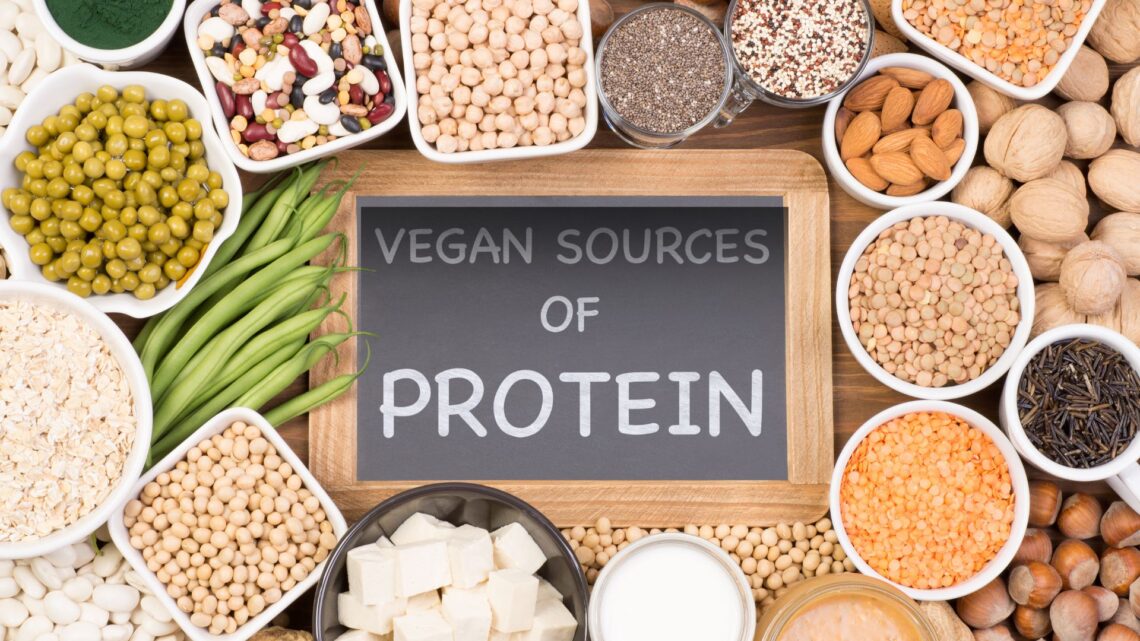
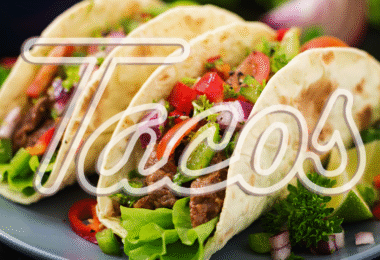
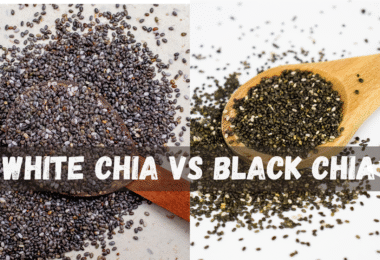

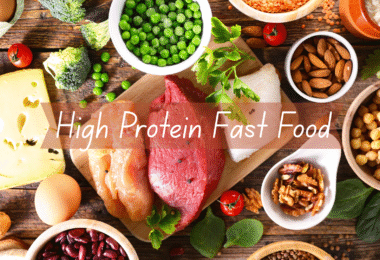
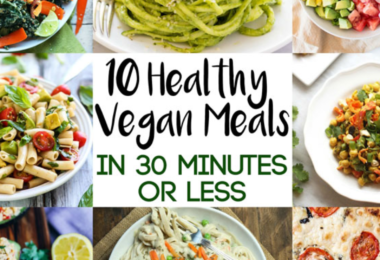
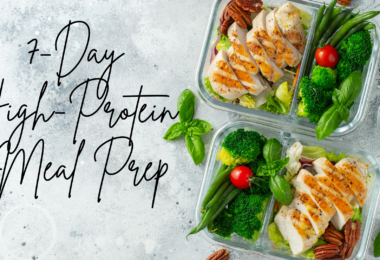
Leave a Comment